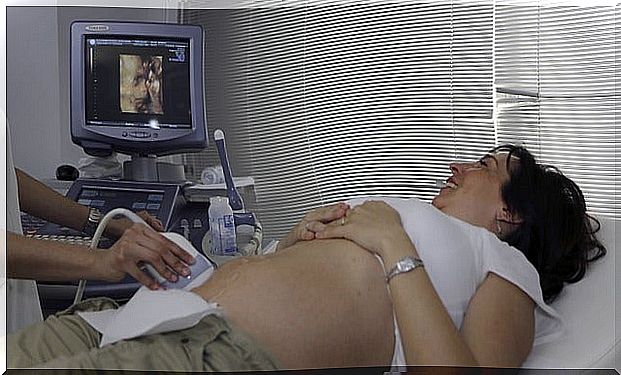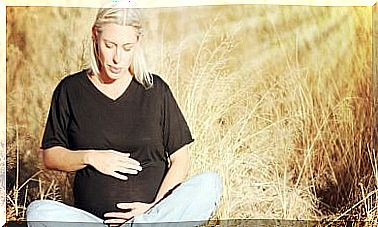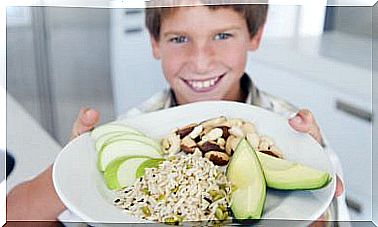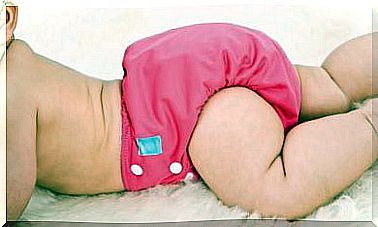Do Baby Kicks Hurt?
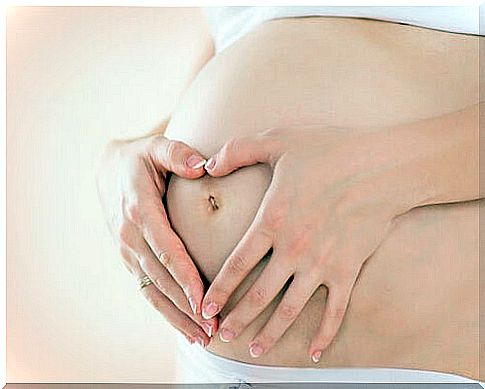
Baby kicks fascinate parents and relatives. Whenever a female relative or friend becomes pregnant, the first thing we do is touch her belly to experience this sensation. But… are these movements painful for the mother?
Everything is quite relative. Not all newborns’ kicks hurt, but there are some that do. Everything will depend on the strength of the movement, but there are also other factors that must be taken into consideration.
Movements from week 22
Almost always pregnant women begin to perceive fetal movements from week 22. At this time only slight friction and contact are felt; This is because the fetus is small and the uterus still gives it room to move.
From here on, pregnant women will experience bumps and movements for a month and a half that shouldn’t be bothersome. In this period, the pressure and the baby’s kicks will increase in strength and regularity.
In principle what can be felt is the fetus colliding with the walls, its changes of posture and cartwheels. However, soon everything will change due to the size and development of the future baby; the space is reducing and therefore the feeling can change.
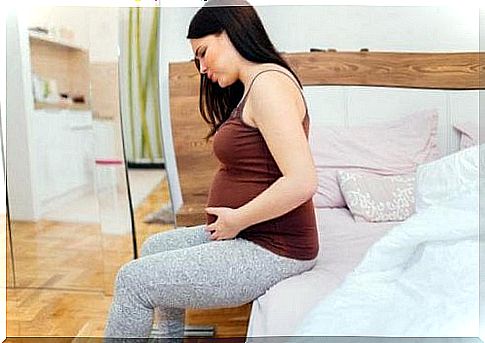
The kicking of the baby can become sore from week 28
At week 28, the baby continues to grow, while the size of the uterus is practically at its limit. This is when the slight movements can turn into painful blows.
These blows can hurt because the little one reaches the walls more easily, and also because they have more physical strength. The little one is more uncomfortable and active, and this sometimes represents pain for the mother. The impacts can reach the ribs and other organs of the woman.
In fact, some of these bumps can cause you to lose air and wake up the pregnant woman. There is a great variety of intensity in these baby movements.
The hours of greatest impact are the nights
Babies are shown to be most active during the night hours. Between nine at night and midnight his physical activity increases. This can be the product, among other things, of food intake.
The mother must take care of her diet. Some products like sugar can stimulate little ones even when they are in the womb; therefore, it is best to lower the intake of this food during dinner. In case of doubt, it is best to go to the gynecologist and ask for the indicated diet.
The night time is ideal for counting the baby’s movements. This is an activity that many gynecologists advise mothers to know the status of the fetus. The goal of these records is to understand the frequency of movement; in this way, the future mother will be able to prepare herself to face the impacts.
Circumstances under which baby kicks hurt the most
Each pregnant woman has particular characteristics, and that is why the kicks do not feel in the same way. For example, new mothers may experience them more sensitively. Among other things, because the movements can take them by surprise.
If the mother is thin, the baby’s blows can be felt much more intensely. In these cases, children can more easily impact the ribs and lower abdomen. The baby’s weight is also a factor to consider.
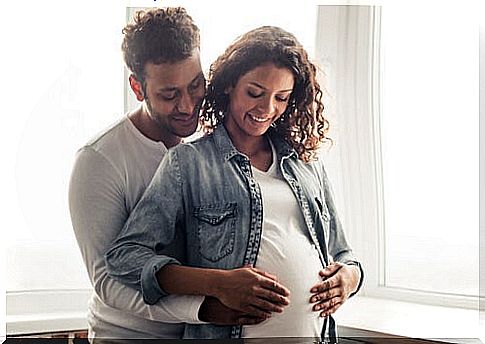
Also, twin or triplet pregnancies are much more painful. The space is much smaller and uncomfortable for future neonates; the felt movements in these cases are quite recurrent and mothers can suffer very annoying pain.
Some recommendations for new mothers
Actually, the best indication that the little one is doing well is his movements. More worrisome than pain is the realization that something happens when the baby is not moving for a long time.
Beyond this, it is always good to discuss pain problems with the gynecologist. All symptoms that seem strange should be controlled by the specialist.
Breathing, walking and stimulating the baby with music are some recommended practices. Yoga for pregnant women also tries to lessen the discomfort of kicking and movements of the fetus. The good news is that these more intense pains only appear during the last weeks of pregnancy.
